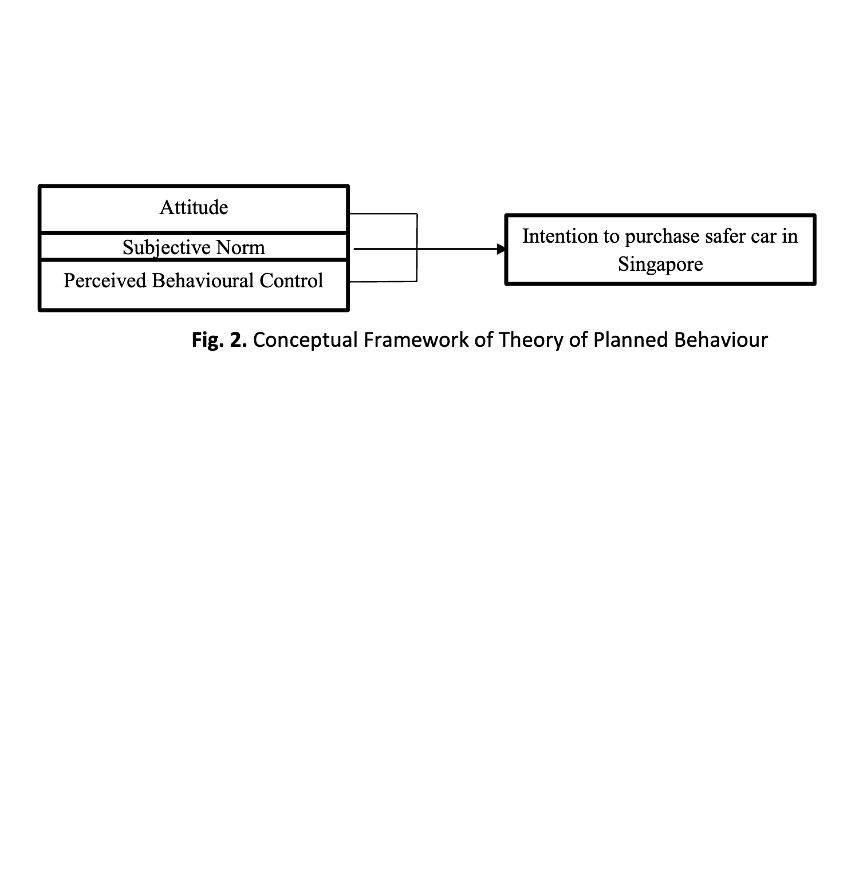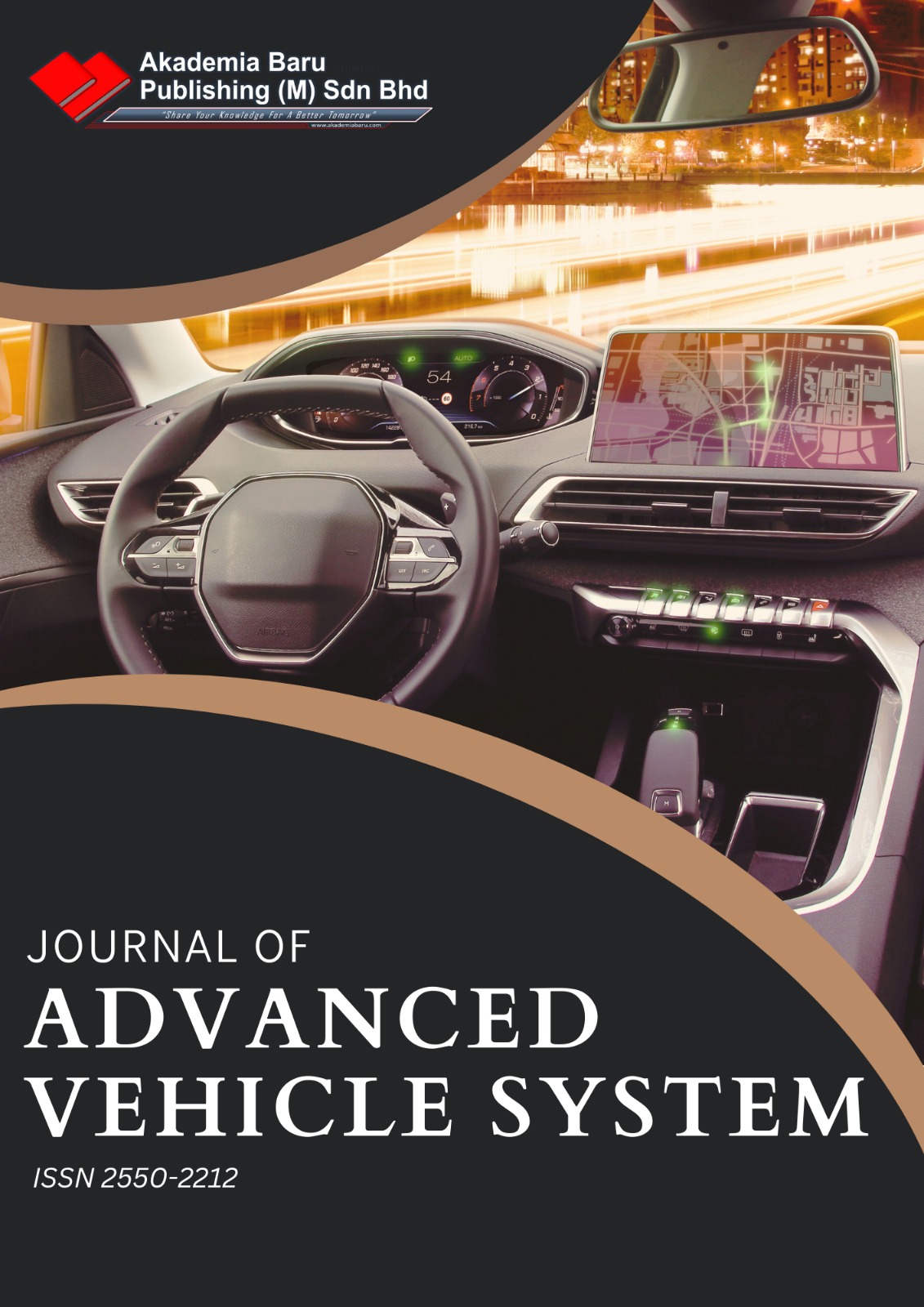A Study of Driver Behavioral Adaptation to Advanced Driver Assistance System (adas) in Malaysia
Keywords:
ADAS, intelligent transport system, driver behavior, behavioral adaptationAbstract
The advanced driver-assistance system (ADAS) is an intelligent transport technology to aid drivers in handling their vehicle. Equipped with onboard sensors and cameras to detect obstacles ahead as well as driver errors, the system can provide warning sound and visual display to prevent road traffic crashes. Several studies have been conducted to evaluate the effectiveness of such onboard safety technologies among drivers. Researchers found that there was a reduction in risky driving habits as a result of the use of the systems. However, some researchers are of the view that drivers need more time to develop a substantial understanding or mental model regarding the functions of ADAS. Although ADAS promises benefits to drivers by offering relief from numerous control tasks, very few studies have been conducted in Malaysia to determine the change in behavior among drivers when prompted by the warning sound and visual display that come with ADAS. Therefore, the current study has been conducted to achieve such a goal. Overall, 20 drivers who agreed to have their ADAS-compatible private cars installed with the In-vehicle Monitoring System (IVMS) participated in the study. Blind testing was employed to assess the effects of ADAS on driver behavior. Based on the results, the study found that the use of ADAS is able to improve driver behavior while on the road as a whole. With ADAS fully activated, the technology is able to provide warnings and prompt the driver whenever a violation is committed. In addition, the technology is also effective in reducing the number of driving violations. Hence. the relevant parties must explore the possibility of making ADAS affordable for every car owner.











